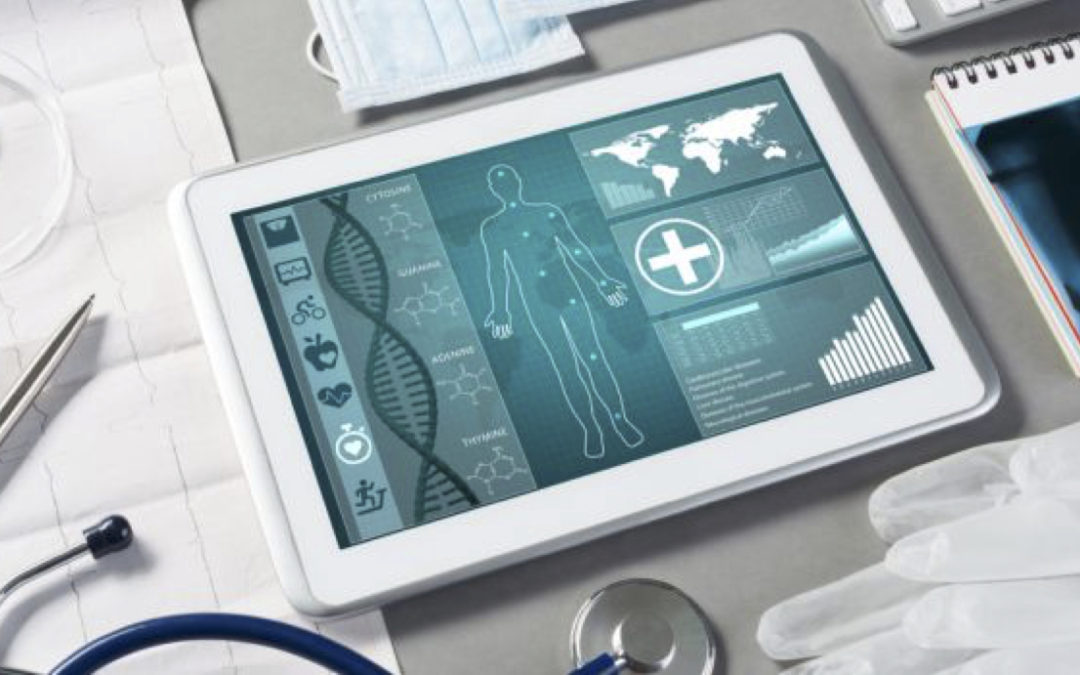NHS Seizing Technological Opportunities
Rapid developments in technology are opening up new ways to effectively and efficiently improve quality of care and maximise the value of the NHS and the social care budget. New Health Secretary, Matt Hancock, has proved to be dedicated to digitally overhauling the NHS with a number of recent announcements declaring increasing amounts of funding being allocated to technology. This month’s announcement has proved to be no exception as it stated that there will be a further £200m of funding allocated to creating additional global digital exemplars.
Hancock has been very open with his views about how and why apps could be the answer to making the NHS work more efficiently and result in a better patient experience throughout the NHS. This opportunity is particularly prominent within the currently under-resourced area of assisted living. Utilising applications on a mobile device can transform the delivery of care for those who are vulnerable, elderly or living with Alzheimer’s or dementia, and can make independent home living possible, and possible for longer. Using an app in tandem with innovative solutions such as IoT based sensors, enables 24/7 care delivery. AI-based tools can track habitual behaviour and spot changes in real time, allowing intervention when it is most needed – further alleviating the pressure on carers and families alike.
This real-time information provides a platform for the end to end digitisation of healthcare, co-ordinating the ecosystem of local authorities, healthcare providers, NHS Trusts, GPs, registered nurses and care homes. With accurate, real-time information, the social care model can not only become more transparent, including the family members, but also move from reactive to proactive.
And the technology makes financial sense: for local authorities, enabling just a handful of individuals to remain safely and happily at home, rather than in a care facility, justifies the investment in new technology; while for the NHS, the ability to address bed blocking will unleash vast resources. What is truly exciting is that this is just the start; from IoT to AI we now have the chance to better understand patient activity, to intervene early, even predict potential problems, to reduce unnecessary hospital admissions and allow more patients to stay safely at home for longer.

